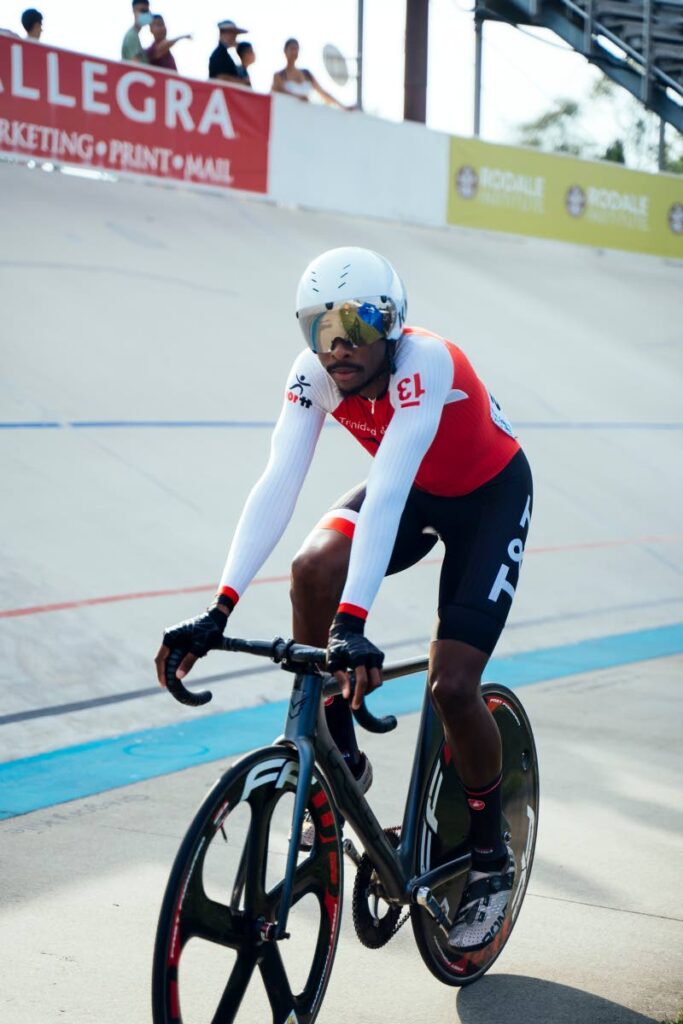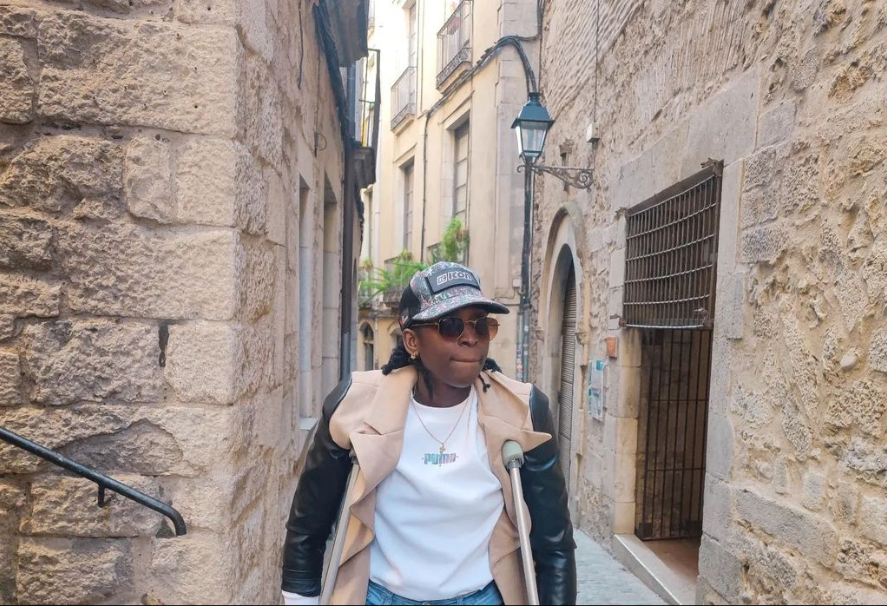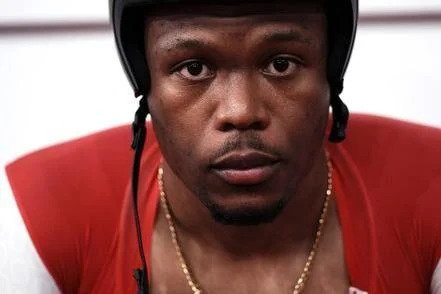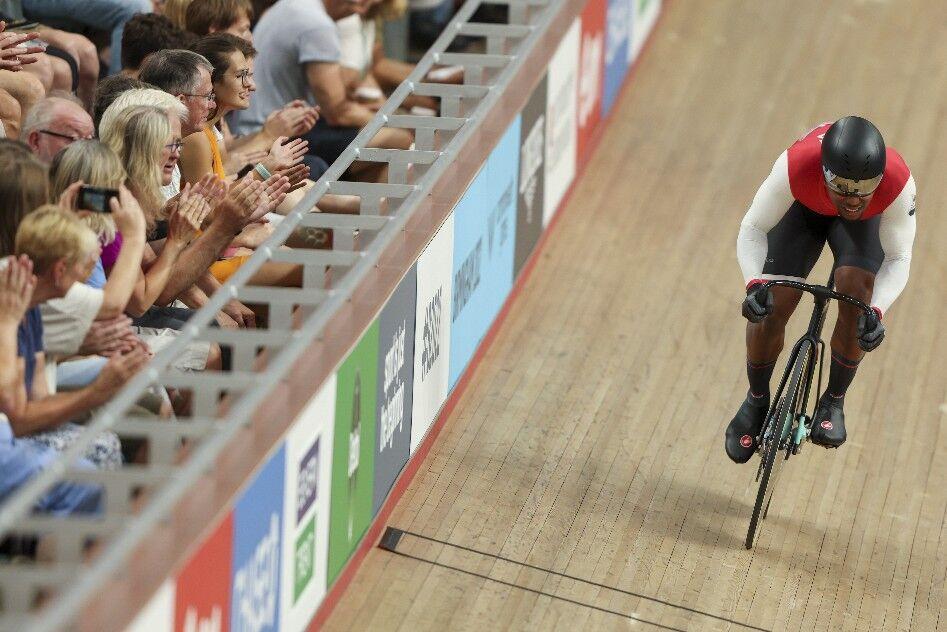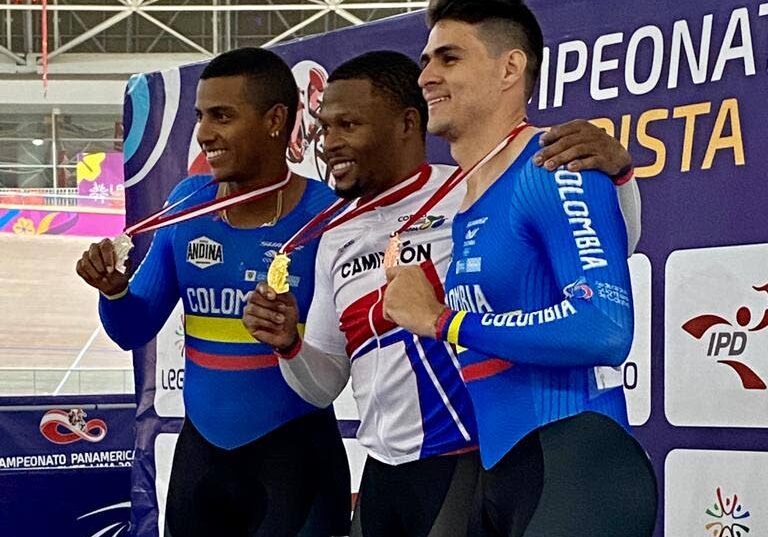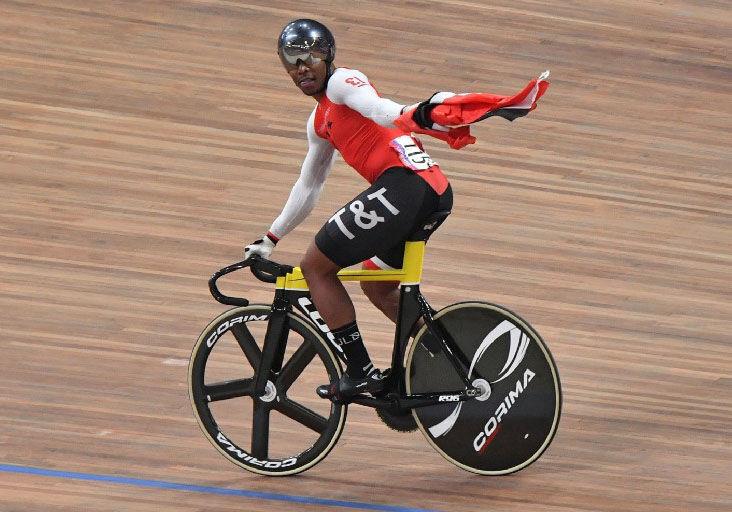CYCLING
CYCLING | Trinidad and Tobago Cycling Federation
| SPORT | CYCLING |
| AFFILIATE | Trinidad and Tobago Cycling Federation |
| PRESIDENT | Robert FARRIER |
| SECRETARY | Jacqueline CORBIN |
| CONTACT | (868) 671-8823 |
| MAILING ADDRESS | P.O Box 371 Wrightson Road, Port of Spain Meeting Place: No 5 Yard Street, Chaguaras |
| ttcyclingfederationtto@gmail.com | |
| WEBSITE | www.ttcyclingfederation.com |
MIND-BLOWING | Local Sports | trinidadexpress.com
Paul describes his Commonwealth, Pan Am performances; promises more to come.
SPEED KING MAKES IT three | Local Sports | trinidadexpress.com
Third gold for Paul; Campbell adds silver.
Paul pedals to Pan Am Champs keirin gold | Sports | newsday.co.tt
Nicholas Paul added another medal to his overflowing 2022 tally when he rode to men’s keirin gold on day two at the Elite Pan American Track Cycling Championships in Lima, Peru, on Thursday.
CLASSY NICHOLAS | Local Sports | trinidadexpress.com
‘Happy’ Paul wins double gold at Nations Cup.

